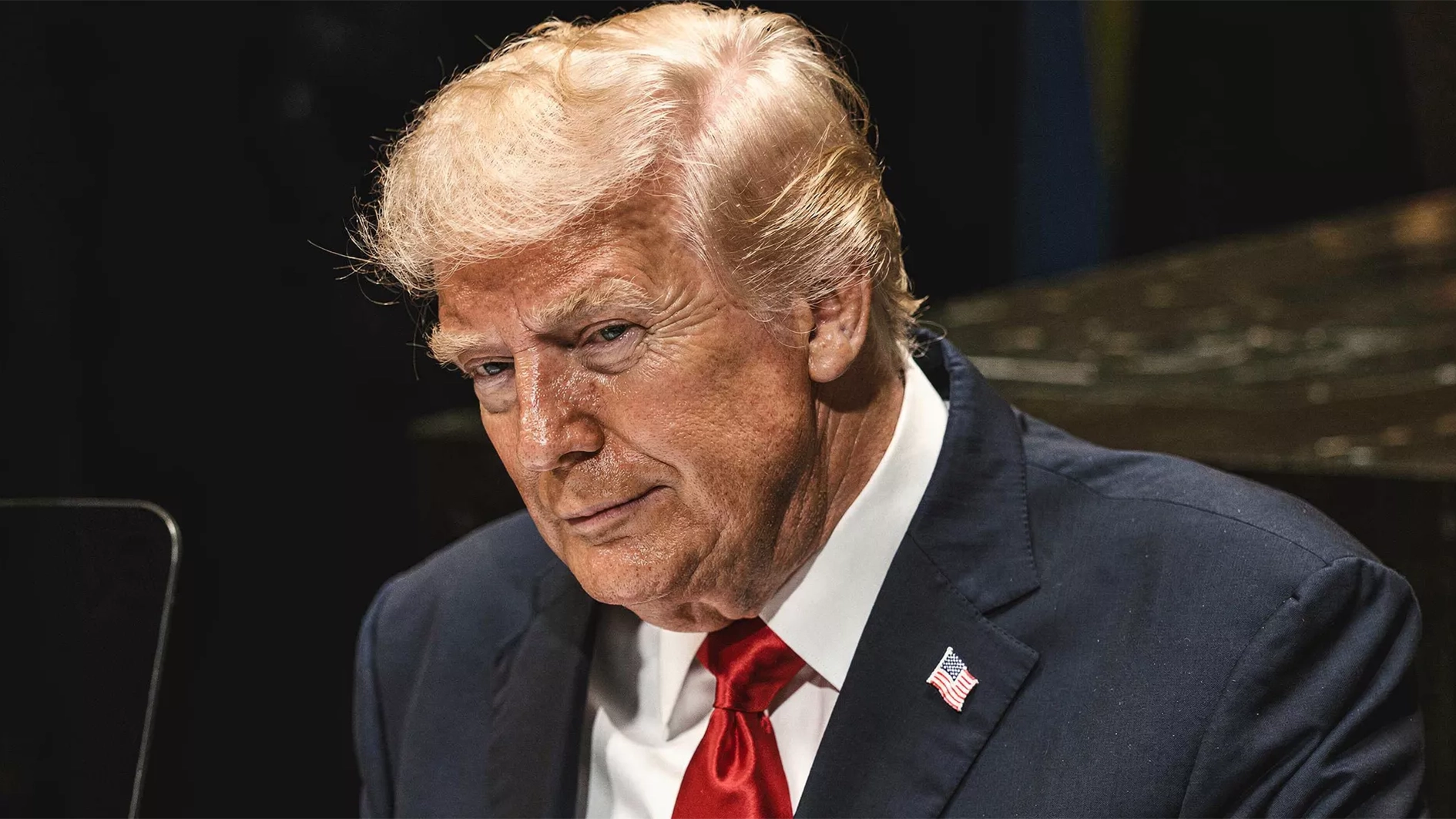
Capital, cash, financial assets and money are often deployed interchangeably in scholarly articles and colloquially. For the purposes of this article, cash means the physical and tangible item, utilised in financial consideration, as a mode of exchange for goods and services. It underpins contractual undertakings and may be used as a store of value or, for some other legitimate objective.
Historically, the attraction of cash has been its simplicity. Thus, subject to agreement between parties as to the cost of goods or services, a cash payment is made in exchange for tangible or intangible items of value. Likewise, cash has been, and, continues to be, used to facilitate payments across boundaries subject to prescribed limits by regulators.
Patently, the benefits of safekeeping cash assets within a responsible financial institution outweigh the benefits of keeping the same personally from the standpoint of risk management and security.
Above that, stems the attraction of interest payments on the investment of cash assets, over the short, medium and long term, within a well-established financial institution. The latter trade on cash deposits to facilitate loans and overdrafts to individuals and corporates for a fee, which in turn, optimizes the velocity of economic activities in neo-capitalist societies. Another advantage is the fact that customers’ cash deposits are, in the event of an approved financial institution going bust, guaranteed up to a finite sum by regulators and deposit insurance schemes in progressive climates.
On the flip side, there is generally no legal compulsion to put one’s cash assets in any bank or financial institution. That is largely a question of personal choice.
To corollary is that an individual has relatively complete control over what he does with the cash in his custody provided that it is legitimately acquired, subject to extant anti-money laundering and related legislation. To illustrate hypothetically, a disciplined, uber-libertarian, high net worth, registered equities trader earns USD 1 million after tax and associated deductions. He routinely decides to keep a quarter thereof in cash monthly.
At the end of a calendar year, he has USD 3 million in cash assets in his lawful custody. Because the provenance thereof is impeccable, he cannot ordinarily, be prosecuted for being in possession of the said legitimately obtained cash assets.
Now, that’s all very well in a world of seamless order, zero complexities, full employment, the absence of poverty, political stability and consistent economic growth. Unfortunately, daily realities confirm the opposite. The real world is often brigaded with dynamic conflicts, volatilities, uncertainties, complexities and ambiguities; on multiple socio-economic, political, ethno-religious, environmental, governance, sustainability, technological and legal frontiers.
Cash inducements and/or payments have been, and continue to be, implicated in corruption, counterfeiting and kleptocracy; intra-national and international money laundering, weapons proliferation financing; ransom payments, terrorist financing and theft cases globally. The European Commission, for example, affirmed in a February 2016 position paper that “payments in cash are widely used in the financing of terrorist activities.”
In sub-Saharan Africa, terrorists operating across Nigeria, Cameroun, Niger, Sudan etc routinely demand hefty cash payments in exchange for the release of abducted victims. These payments are used to acquire additional sophisticated weapons, which ultimately create a vicious cycle of violence and sustains a perverse terrorist-financing ecosystem.
In short, these interwoven factors imperil the long-term sustainability of cash as a means of exchange in developed and developing economies. The pace of adoption is what separates both economies. In the former for instance, the banking body, UK Finance, confirmed that in 2021, 23 million people, roughly a third of the UK population, used virtually no cash, while it estimates that paper notes and coins will account for just 6% of payments within a decade.
If ever, there was evidence for a strikingly significant shift to a cashless economy, that’s it! Equally, data released by the Nigerian Interbank Settlement System (NIBSS), confirmed that in the 8 months to August 2022, the value of electronic payment deals was N238.7 trillion (USD 554.4 billion). Clearly, this demonstrates that more people in the country are embracing the cashless policy. Similar trends are evident in Australia, Canada, Belgium, Japan, Norway, France, Sweden, and the USA amongst others.
Furthermore, societal evolution often heralds innovation. In turn, innovation recasts the uses to which technology and advancements thereof, are deployed across virtually all facets of life including – aeronautics, defence systems, education, energy exploration, environmental protection, healthcare, infrastructure development etc. So, just because cash and its equivalent have been used for aeons, is no reason to continue unimaginatively.
Indeed, over the last half-century, digital payments such as credit cards, debit cards, internet payments, mobile money systems, bitcoins and cryptocurrencies have, by definition, supplanted cash as the new “cashless” model.
Plus, human society never commenced on the basis of cash as a means of exchange.
Consideration, in a legal sense, is defined by what the contracting parties to a transaction determine to be fit for purpose, sufficient and, acceptable value, as a means of exchange for products or services. Therefore, primordial trade by barter systems, cowrie shells, farm produce and livestock were used as means of exchange.
The inference is that there is nothing strikingly new about cashless models. Nevertheless, societal evolution, crime prevention and enforcement, and technological advancement are some of the more compelling reasons for the development of formal methodologies for cashless economic policies.
The policy objectives of cashless economies are straightforward enough: to safeguard the integrity of the global financial order; to pragmatically integrate global financial systems without undermining the sovereignty of independent nations; to detect and impede fraud; to track, prevent and tackle corruption, money-laundering, terrorist-financing and criminality; to leverage technology advantageously to reinforce these aspirations; and, to work collaboratively with national and international law enforcement agencies to achieve these intended outcomes.
These policy aims have been embedded in wide-ranging domestic legislation including, but not limited to, U.S. federal statutes such as the Foreign Corrupt Practices Act (FCPA) 1977; the Sarbannes Oxley Act 2002; Nigerian enactments like the Corrupt Practices & Related Offences Act 2000; Criminal Code Act 2004; Economic and Financial Crimes Commission Act 2004; Money Laundering (Prevention and Prohibition) Act 2022.
In the United Kingdom, they include the Terrorism Act 2000; Proceeds of Crime Act 2002 (POCA); Fraud Act 2006; Bribery Act 2010; Criminal Finances Act 2017 (CFA); the Money Laundering Regulations 2017 and Unexplained Wealth Orders (UWOs). Whilst in South Africa, they include the Prevention and Combating of Corrupt Activities Act 2004.
Three striking case studies illustrate the point. First, pursuant to infractions against the FCPA, the U.S. Securities and Exchange Commission in September 2022, confirmed that Gol Intelligent Airlines agreed to settle over USD 160 million to the Department of Justice, SEC and Brazilian authorities. This was in order to resolve anti-bribery, books and records, and related charges for its involvement in bribery involving a senior executive.
Second, in April 2022, Stericycle Inc, a leading provider of medical waste, agreed to settle over USD 28 million in SEC charges, to the effect that it contravened anti-bribery and related FCPA provisions relative to violations at its Argentina, Brazil and Mexico subsidiaries.
Third, in February 2022, SEC confirmed that KT Corporation, South Korea’s largest telecommunications company, agreed to pay in excess of USD 6.3 million to settle charges that it violated the books, records and internal accounting controls provisions of the FCPA in connection with improper payments for the benefit of government officials in Korea and Vietnam.
Underpinning the strategic logic for these policies and statutory enactments, apart from the active political will of state actors, is the supporting technology. The latter is widely defined to encompass artificial intelligence, cloud computing, computational systems, data centres, the internet of things, robotics, servers and, cybersecurity software and hardware.
Without effective and robust cybersecurity, the integrity of international financial order, local financial systems, confidential personal information, sensitive corporate information, national security and other vital assets are easily compromised.
For these purposes, cybersecurity is broadly characterised as technological applications designed with the overarching objective of safeguarding personal, corporate, national, bilateral or multilateral cyber or virtual data assets and online data footprints, consistent with relevant laws and policies.
According to IBM, in 2020, the average cost of a data breach was USD 3.86 million globally and USD 8.64 million in the USA. These costs included the expenses of discovering and responding to the breach, the cost of downtime and lost revenue, and the long-term reputational damage to a business and its brand.
Cybercriminals and hackers target customers’ unique identifiers – names, addresses, national identification numbers, bank details, and credit card information and sell these on the dark web. The reputational damage to organisations is huge too; including legal action, imposition of hefty regulatory fines, and customer displacement, which can trigger corporate insolvency.
Summing up, whilst cashless economies are charging forward, there will still be a place for cash given the equitable and natural justice imperatives of financial inclusion, supporting the unbanked, streamlining transactions associated with personal banking; whilst maintaining a fine balancing act by effectively impeding money laundering and terrorist financing.
Importantly, it is recommended that effective and targeted policies are framed to ensure the robustness and sustainability of personal and organisational online data assets sooner than later. As Pat Heck affirms above, you must stay ahead of the game to beat cybercriminals.
Ojumu is a Principal Partner at Balliol Myers LP, a firm of legal practitioners in Lagos, Nigeria.






